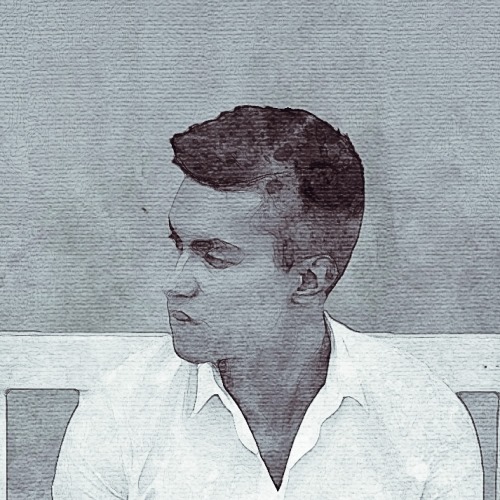About
Pavel Vondráček (*1998) is a young Czech composer, pianist and keyboardist. Currently a student of Berklee College of Music, Pavel composes music inspired by a variety of genres including classical, New Age, jazz and pop. His compositions are usually described as very visual, melancholic, even mournful at times, but also very expressive as they strive for telling a story. Even nowadays, Pavel is a strong advocate for full-length albums as they offer enough space to convey a story.
“I started playing piano at the age of 3. It had a huge impact that my training was purely classical.” It wasn’t until about 8 years ago, when Pavel discovered the world of composition. As a devoted admirer of artists like Enya, Sarah Brightman or Yiruma, Pavel gained much influence from both the popular and the classical realms. “It was inevitable to be somehow involved with music. Whatever I did, it bounced me back to the music. Whenever I couldn’t do music, I felt a part of me was left over alone.”
In 2015, Pavel released his first piano solo album Lost in the Wind. Containing both piano covers of famous popular songs and Pavel’s own improvisations, it became the first attempt to get his hand on music. “I was very privileged to have this opportunity. Recording an album in a studio gave me so much experience on how a musician works, how he thinks and how the recording is done.” Disappointed by the experience at the studio, which does not provide much of artistic freedom to the musician, Pavel decided to build his own studio, designed around his specific needs.
